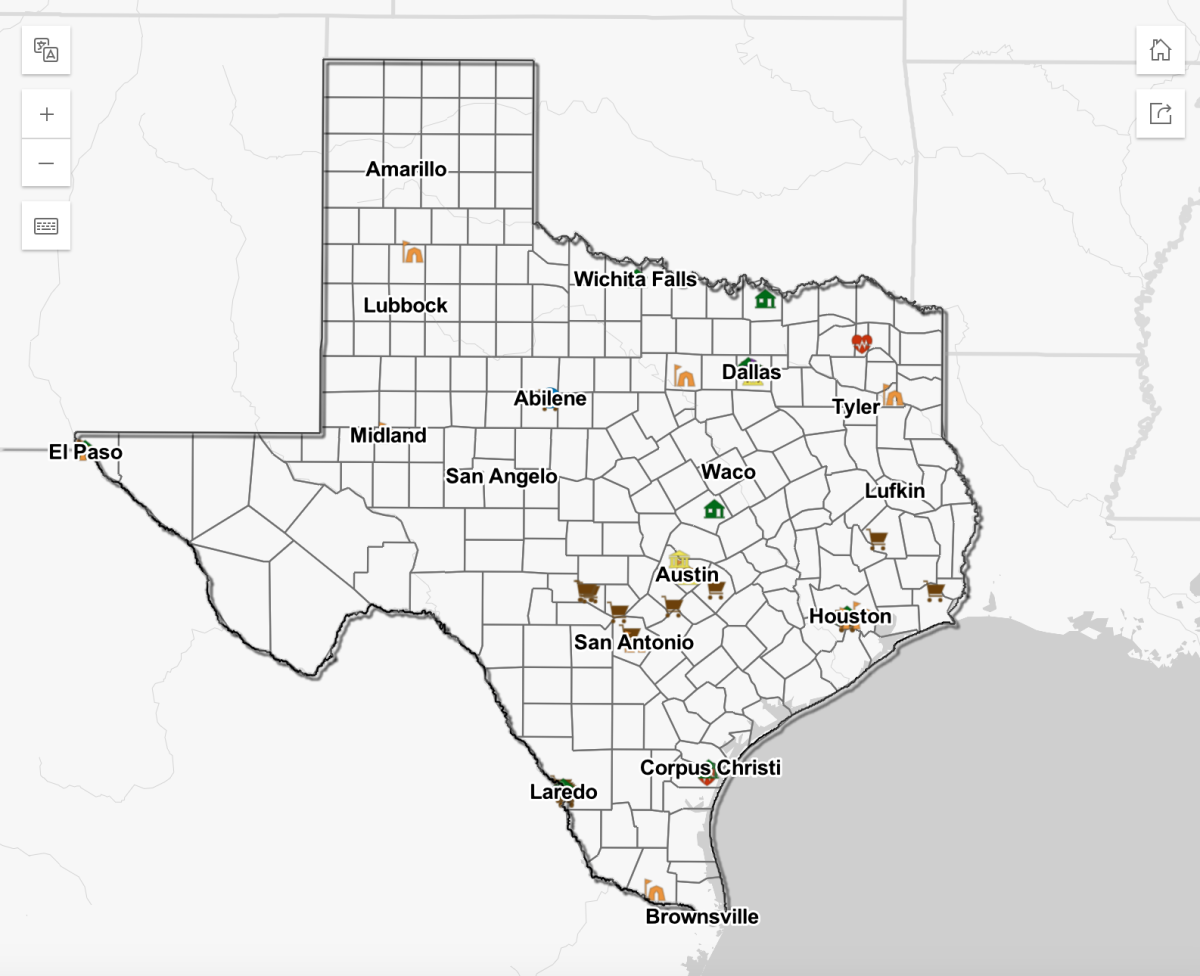A recent report has linked the disposal of wastewater from fracking to small earthquakes in Texas and other areas, including the Central and Eastern U.S.
“We have had no seismic activity for decades, and then suddenly when [fracking] has been brought in, we start seeing it,” said Andrew Dobbs, Central Texas program director for Texas Campaign for the Environment. “I don’t think this a stretch from the facts.”
Fracking, also known as hydraulic fracturing, uses high-pressured water to release natural gas from underground rocks.
Researchers from the United States Geological Survey, a science organization based in California, conducted the report. They analyzed changes in the rate of earthquake occurrence using USGS databases of earthquakes recorded since 1970. The team found the average number of earthquakes jumped from 21 per year from 1972–2008 to 99 earthquakes per year from 2009–2013.
The largest of a series of earthquakes this year in Texas occurred in the Dallas-Fort Worth area with a 3.3 magnitude.
“I’m not surprised,” mechanical engineering professor Michael Webber said. “There is a lot of anecdotal evidence that has revealed these earthquakes near the regions of wastewater injection.”
According to the report, the increase in seismicity has been linked to the injection of wastewater, a byproduct of fracking, into disposal wells deep underground. Although fracking is not directly related to the earthquakes seen in affected areas, wastewater injection has been found to be the cause.
Webber, deputy director of the Energy Institute, said the state legislature has been fairly inactive in response to recent earthquakes.
“There is room for the state to take action on it,” Webber said. “It involves finding a way to reduce the wastewater and minimize [its] injection. We need to figure out better locations on where to inject the wastewater.”
According to USGS’s report, evidence from case histories suggests the magnitude of an earthquake tends to increase as the total volume of injected wastewater increases.
“I think it’s a sign to continue [research and development] for other renewable sources, and I feel we shouldn’t be using natural gas as a crutch,” said Jaclyn Kachelmeyer, Campus Environmental Center director.
Currently, the Environmental Protection Agency is investigating the effects of fracking on the environment. According to a statement on the agency’s website, the EPA is investigating how fracking affects natural water resources but does not yet have an investigation into its link to seismic activity.





















